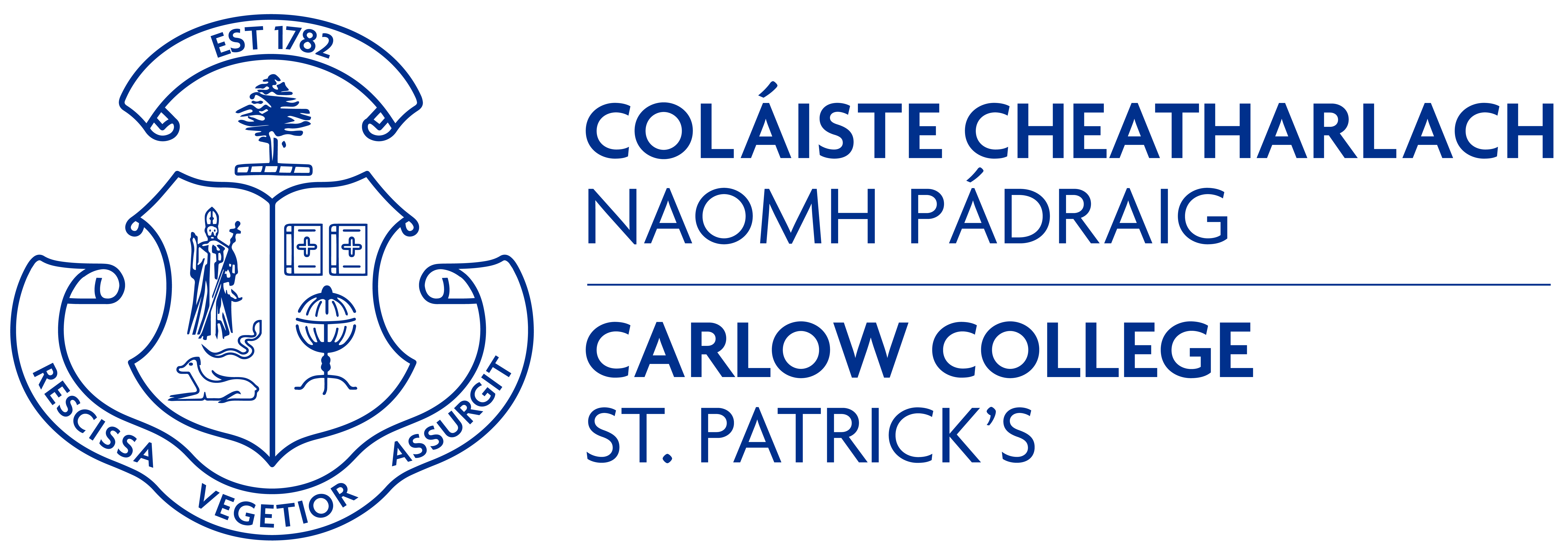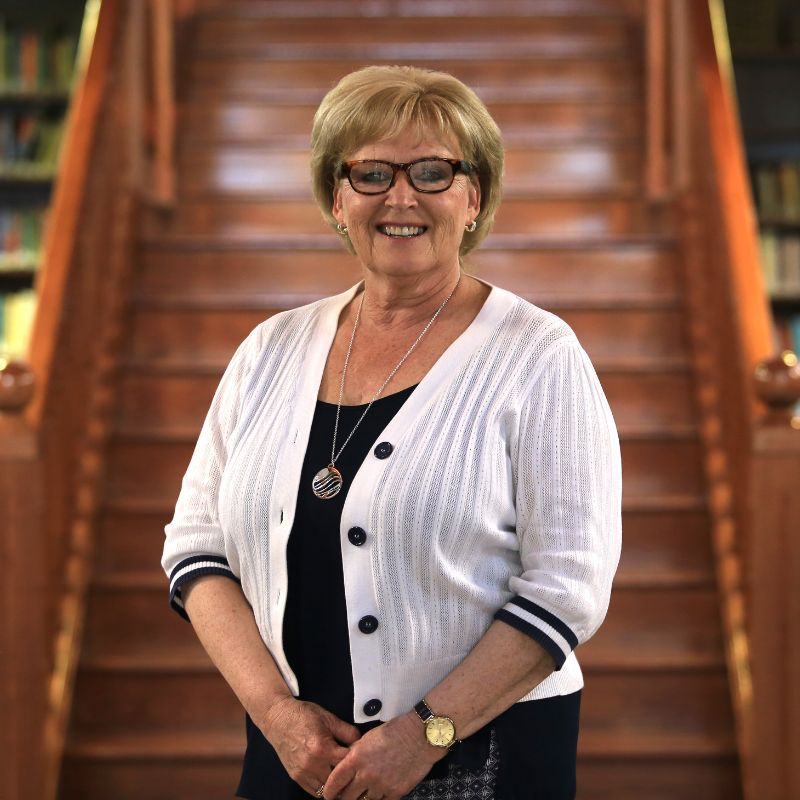About Social Care
Social Care is a new and emerging profession. Of course, caring for others has always been an important part of how society functions, and how a society treats its most vulnerable members is often seen as a true measure of its worth. Much of this care takes place privately in homes and by families, neighbours and friends. The professional provision of social care is provided by organisations run directly by the state, by voluntary organisations or by private companies. Following legislation passed in 2005, CORU was established as Ireland’s multi-profession health regulator. Their job is primarily to protect the public by ensuring that anyone working in a regulated profession is properly trained and carries out their work according to established standards and ethics.
CORU provide a working definition of Social Care Work as ‘a relationship-based approach to the purposeful planning and provision of care, protection, psychosocial support and advocacy in partnership with vulnerable individuals and groups who experience marginalisation, disadvantage or special needs. Principles of social justice and human rights are central to the practice of Social Care Workers.’
What Will You Learn?
Our B.A. in Applied Social Studies in Professional Social Care is designed to meet the education and training needs of Social Care Workers. A vital part of assuring public protection is establishing the correct standards for education and training of the profession and our programme has met those standards. At Carlow College we place an emphasis on preparing the ‘whole person’ for this challenging and rewarding work. We engage the Head, the Heart and the Hands!
The Head, by introducing students to a wide range of theoretical approaches, to policy and legislation and to critical thinking, so that they can respond to peoples needs through understanding the causes and contexts of those needs. Our programme draws on the disciplines of Psychology and Sociology, Law and Social Policy.
The Heart, by promoting the students own professional identity through exploring their own world view and experience. Self-awareness is vital in being able to engage with others with empathy and understanding and kindness. The degree engages students in practical subjects like Creative Studies, Inter-personal Communications and Counselling skills.
The Hands, by learning about and putting into practice key professional skills. Relationship-building, communication, recording, planning, and advocacy are just some of the skills of professional Social Care Workers. Reflective practice skills enable the social care worker to provide care and support consistently and with clear purpose. These skills are developed through students working through the Principles and Practice of Social Care and through practice placements in professional the social care workplace.
It is the wide variety of work settings such as day-centres, residential facilities, group and individual, as well as the enduring nature of the professional relationship set in daily lived experiences, that sets Social Care Work apart from other health and social care professions. This is an exciting time for the new profession as it develops its own identity. This involves students asking and seeking answers to some basic questions: “Who am I [being]? What should I know [knowing/thinking]? What should I be able to do [doing]?” (Aymer, 2002: 18). We could add another question here, namely “How should I be doing?” (values/ethics). Our BA in applied Social Studies n Professional Social Care embraces these questions as we join the professional development journey with our students.
Future Careers
- Social Care
- Special Needs Assistant (SNA)
- Human Resources, Coaching and Mediation
- Early years, further and adult education
- Social Care Worker
- Special Needs Assistant
- Early years, further and adult education
- Human Resources, Coaching & Mediation
What Courses Can I Study Social Care In?
Academic Team
- English Teaching
- Media and Media Production
- Public Relations
- Travel & Tourism
- The Civil Service



